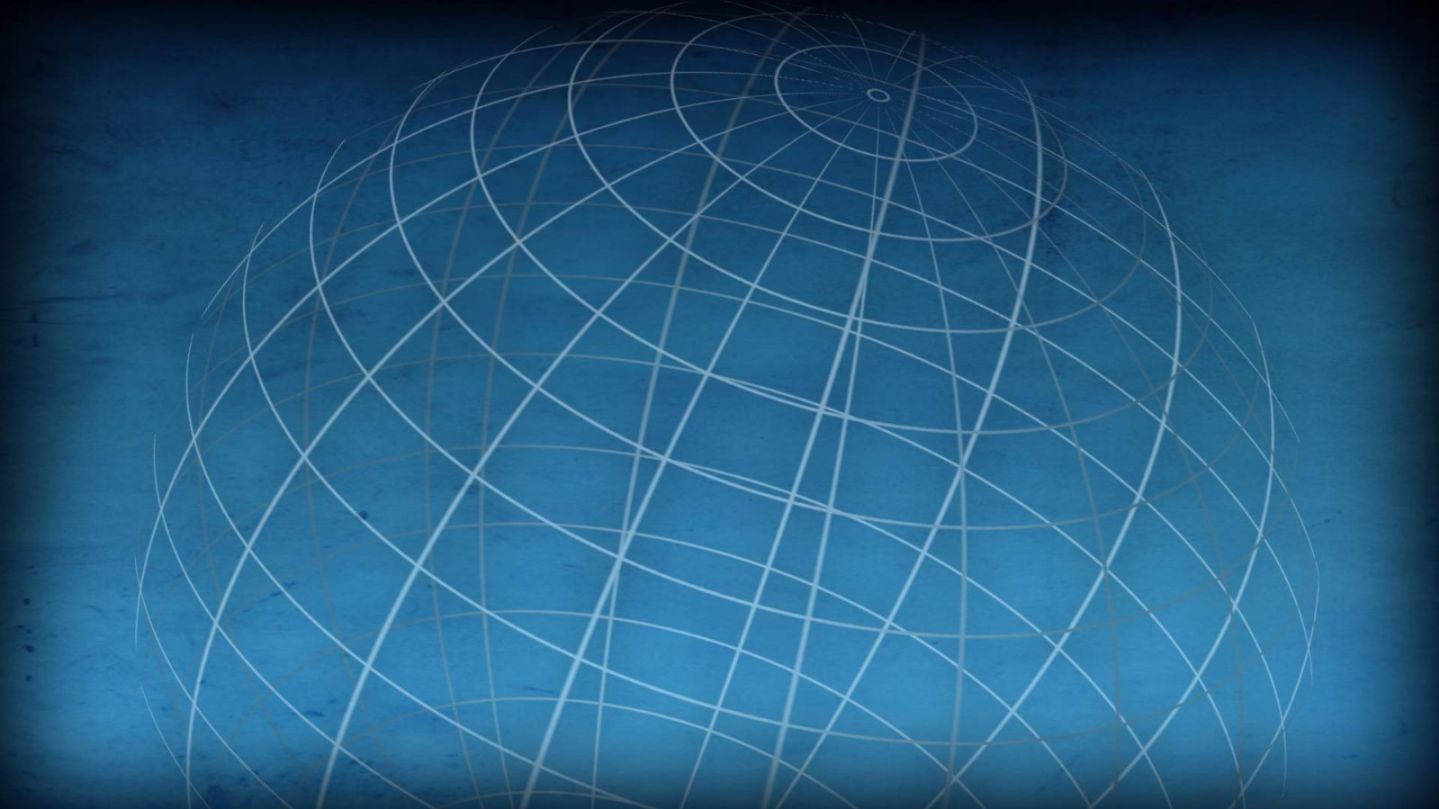George Floyd, a 46-year-old unarmed black man, was killed while in police custody in Minneapolis on May 25. His final moments were captured on camera, sending citizens reeling from another unnecessary death of a black man in America.
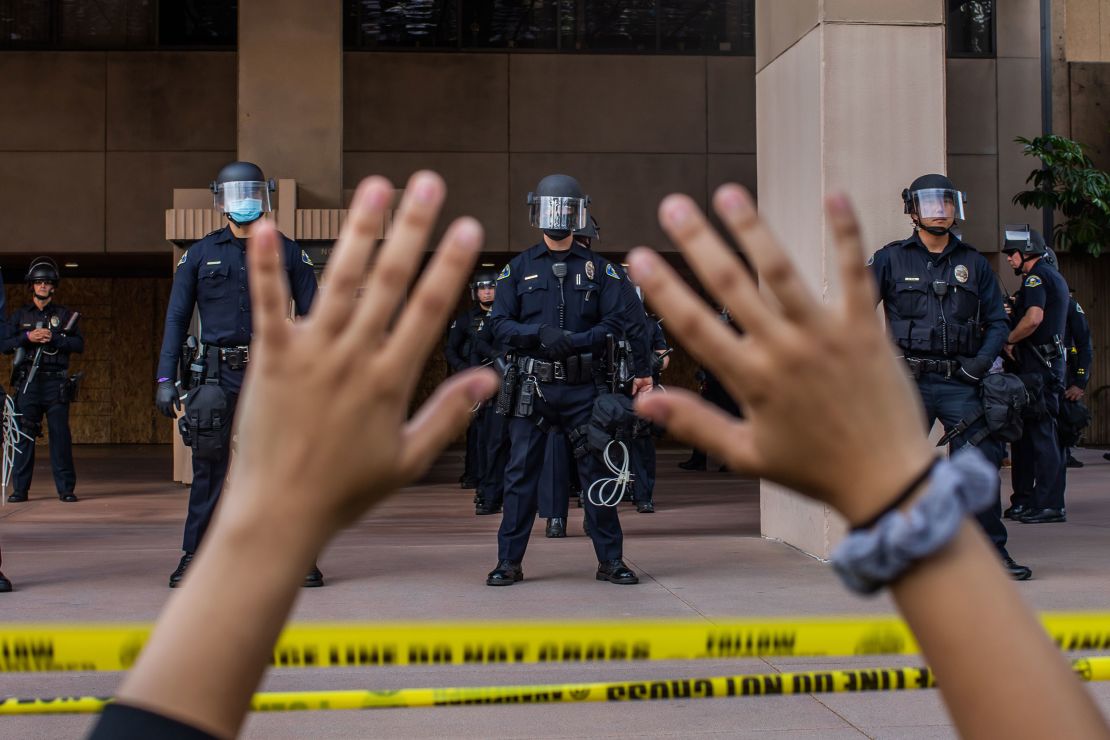
Protesters took to the streets peacefully – but many demonstrations turned violent. Riots and looting left more than 30 cities across the country strewn with charred vehicles and trash. Businesses already struggling with the coronavirus pandemic suffered heavy damage and destruction.
Here is a look ways you can help cities, including Minneapolis, that have been shaken by riots, racism, and unrest.
How you can help Minneapolis
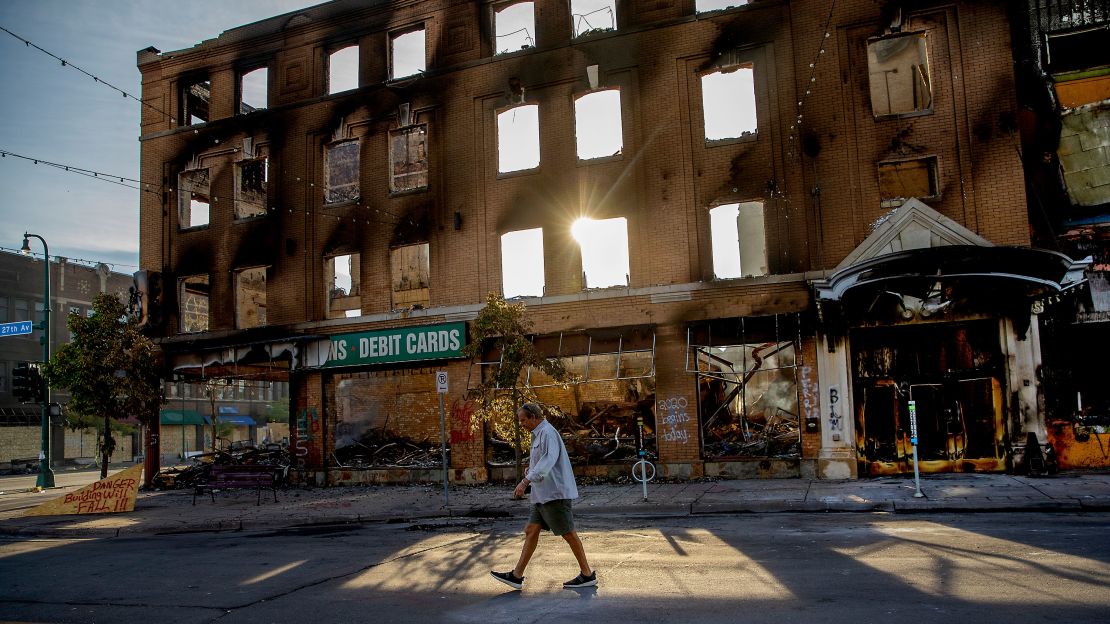
Hundreds of businesses in Minnesota’s Twin Cities – Minneapolis and St. Paul – were damaged, burned or looted.
Hamline Midway Coalition and Union Park District Council have organized volunteers and provided supplies to the clean-up effort.
The Lake Street Council started a fund called “We Love Lake Street” to help rebuild small businesses in that Minneapolis community.
The Neighbors United Funding Collaborative is helping small businesses in the Midway and Union Park area rebuild their storefronts.
The Metropolitan Economic Development Association, a Minneapolis non-profit focused on helping minority entrepreneurs succeed, created a crowdsourcing campaign specifically for local minority businesses harmed by the recent unrest.
How you can help in your local community
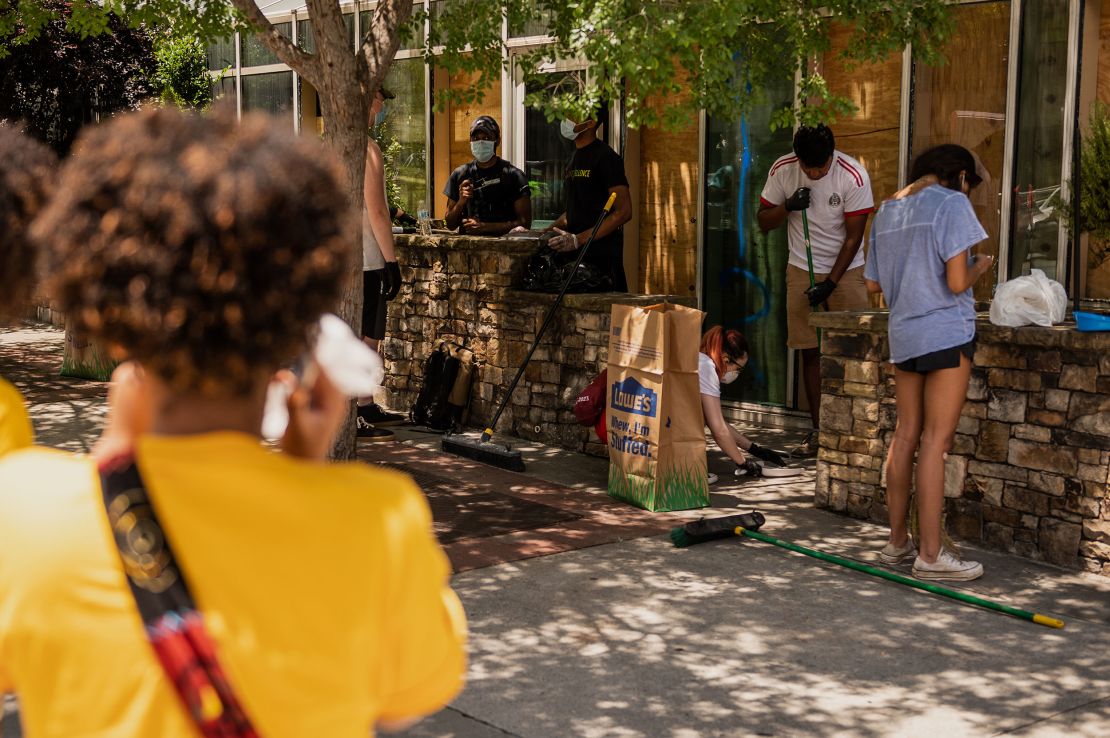
Across the country, communities are banding together to clean up their cities following protests.
It started in the immediate aftermath of some riots as ordinary citizens showed up with brooms and trash bins. These grassroots efforts were spontaneous, but effective.
You can start a clean up of your own. Contact neighborhood associations and other civic groups to link up with others who are willing to join in.
US men’s national soccer team and Fortuna Dusseldorf goalkeeper Zack Steffen established a GoFundMe page that supports small businesses damaged during the protests.
How you can support non-profits working to bring equality
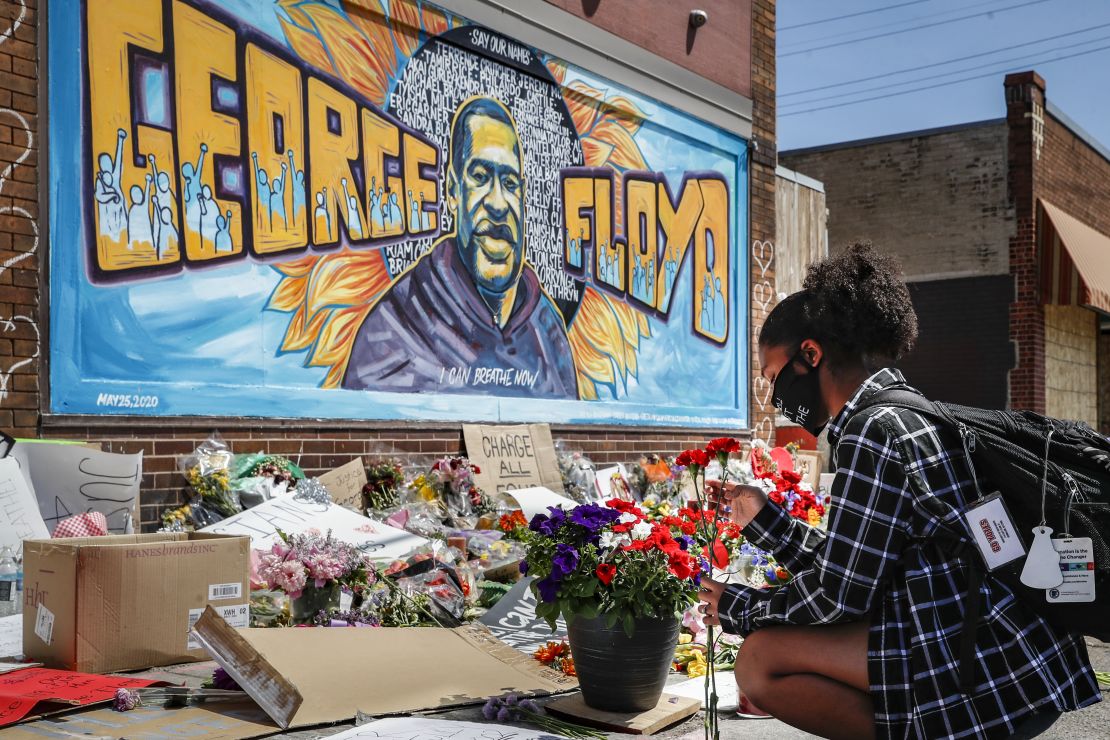
Racism in the US is a public health issue, according to several medical groups. You can stand up for racial justice by supporting non-profits working to eradicate racism.
Facing History and Ourselves equips educators to teach tolerance in classrooms through the study of history and ethical decision-making.
The Let Us Breathe Fund was created in the wake of the murder of Eric Garner. The group grants money to minority non-profits to fight structural violence and racism in New York.
Black Youth Project 100 is a national organization working toward racial justice through direct-action organizing, advocacy, and political education.
The NAACP Legal Defense Fund fights to eliminate racial disparities through education, scholarships, and legal help for people of color whose civil rights have been violated.
The Equal Justice Initiative works to end mass incarceration, excessive punishment, and racial inequality. For more than 30 years, EJI has helped overturn wrongful convictions and unfair sentences for minorities. It also has a comprehensive public education program that includes books, documentary and feature films, lesson plans, and other community programs.
The National Urban League helps African-Americans and other minorities through economic empowerment programs, educational activities and promotion of civil rights.
